When you're craving freshly baked goods, the last thing you want to do is run to the store for ingredients. That’s why I’m sharing the essential baking ingredients you should always stock in your kitchen. You’ll see them show up time and time again in recipes.
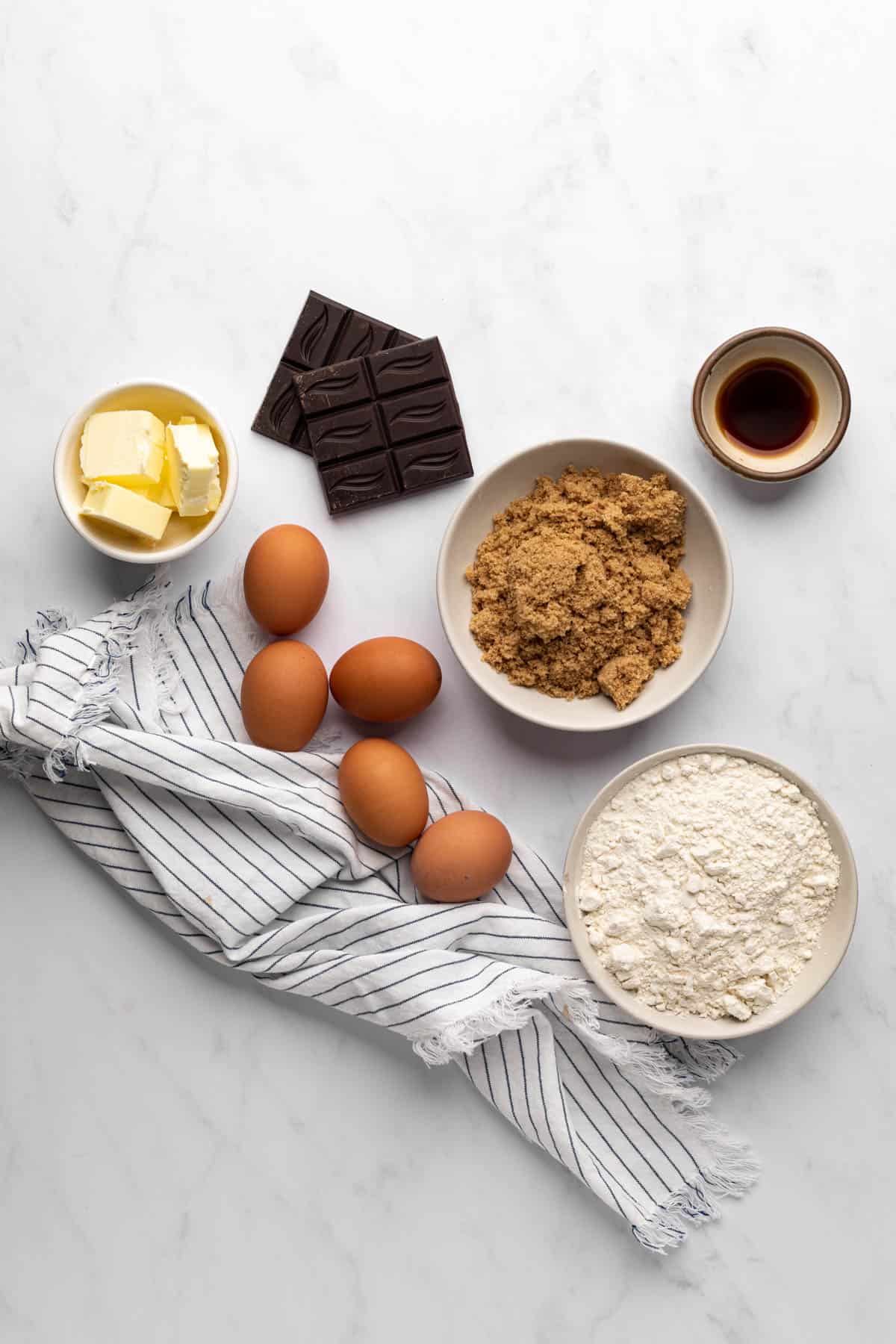
As a trained pastry chef, I’ve learned the true magic of baking comes with patience, precision, and simple baking ingredients you can manipulate to create various recipes. Here’s what to stock for your baking endeavors:
Unsalted Butter
Because it’s a solid fat, butter is used more commonly in baking than any other form of fat. It adds flavor, and moisture and contributes to the leavening of baked goods. Unsalted butter is the default choice for bakers as it allows you to control the amount of salt that goes into a recipe.
Note: Following a recipe’s directions for butter temperature is essential. For cakes and cookies, butter is typically softened (it should be close to room temperature, malleable, and able to hold its shape without looking oily). Other recipes might call for melted, browned, or cold butter.
Vegetable Oil
Oil is added to quick breads, cakes, cupcakes, and muffins to create an extra moist final product. I love using it in coffee cupcakes and lemon berry cake for the perfect texture. Vegetable oil is my go-to oil for baking. It has a neutral flavor (you can also use canola oil).
Sugar
Sugar contributes to the flavor and texture of baked goods. It adds sweetness to balance the flavors and contributes to the tenderness and moisture in baked goods (such as a soft and moist crumb in cakes and cookies). These are three sugars to stock for baking:
- Granulated sugar. Also known as the go-to sugar for any recipe that calls for just sugar.
- Brown sugar. Made from a combination of granulated sugar and molasses, brown sugar contains more moisture, providing a softer and chewier texture. The difference between light and dark brown sugar is negligible in most recipes, so stock whichever you prefer.
- Powdered sugar. It’s sometimes listed as confectioners' sugar or icing sugar. This type of sugar is finely ground granulated sugar. It’s ideal for sweetening whipped cream and frostings since it dissolves into a smooth texture.
Note: Although it is tempting to substitute brown sugar for granulated sugar to create more moisture, be careful when replacing it in cookies. Granulated sugar helps cookies spread, while brown sugar adds moisture and prevents cookies from overspreading.
Large Eggs
Eggs have many roles in baking, including contributing structure, moisture, flavor, and leavening. Notice I didn’t just mention eggs, but I specified large ones. It’s a standard in baking recipes unless otherwise specified.
Note: Remove eggs from the refrigerator 1 hour in advance so they can come to room temperature. This will allow your ingredients to be incorporated evenly and smoothly. Cold eggs can cause your batter to curdle.
Pure Vanilla Extract
When it comes to using vanilla, splurge on a PURE vanilla extract. Quality ingredients create the best tasting baked goods. The role of vanilla not only adds a pleasant flavor but also enhances the flavors of the other ingredients in a recipe.
Easy swap: Swap the seeds from 1 whole vanilla bean for 2 tablespoons of vanilla extract. Or use a one-to-one substitute of vanilla bean paste (a combination of vanilla beans and vanilla extract) like in vanilla bean espresso buttercream.
Flour
Flour is your trusty powerhouse in baking. It provides the shape and structure for your baked goods, such as giving your cookies their chewy or crisp texture, helping your cakes stay fluffy, and allowing your pizza dough to rise.
Unbleached all-purpose flour. If there is only one flour to stock in your kitchen, it is all-purpose flour. It has a protein content that’s ideal for cookies, cakes, pie dough, cinnamon rolls, thickening pie fillings, and so much more. I always select unbleached flour for its natural qualities.
Note: You can mix all-purpose flour with cornstarch to create a homemade cake flour substitute. You can also combine all-purpose and cake flour as a substitute for pastry flour.
Baking Powder
Baking powder helps baked goods rise and adds a fluffy texture. It’s a combination of acid (usually cream of tartar) and a base (baking soda). When combined with wet ingredients and heat, it releases carbon dioxide, causing batter or dough to expand and rise.
Note: Use fresh baking powder that’s not expired to ensure it’s fulfilling its important role.
Baking Soda
Baking soda also helps baked goods rise. However, unlike baking powder, baking soda must react with an acid to create the carbon dioxide. You’ll find ingredients such as sour cream, buttermilk, natural cocoa powder, and lemon juice used in recipes to activate baking soda.
Salt
Salt not only adds flavor to your baked goods but also enhances the other flavors in a recipe. Without a pinch of salt, baked goods will taste flat. Use fine-grain kosher or sea salt.
Chocolate
Every baking pantry needs chocolate. It contributes to the rich creamy flavor, texture, and moisture of baked goods. It’s a key ingredient in chocolate cupcakes, fudgy brownies, and much more! These are the two must-have chocolates to stock in your kitchen:
- Natural unsweetened cocoa powder. This is the most common cocoa powder called for in baking recipes. You will likely use Dutch-process cocoa powder if a recipe has acidic ingredients like sour cream or buttermilk. It’s darker in color and has a more mellow flavor.
- Chocolate baking bars. Unlike chocolate chips, chocolate baking bars don’t contain stabilizers. They have a higher percentage of cocoa solids and cocoa butter. You can find a selection of baking bars at your local supermarket, including dark, semi-sweet, bittersweet, and white chocolate bars.
Note: If a recipe calls for chocolate chips or chunks, you can roughly chop a chocolate baking bar instead, like in these brown butter chocolate chip cookies.
Whole Milk
Milk helps with the structure of baked goods, adds flavor, moistens, and helps create a golden-brown crust. Unless otherwise specified, use whole milk. The extra fat increases moisture and tenderness.
Milk is also a key ingredient for making creamy desserts like pudding (like this banana pudding) and ice cream.
Note: You’ll want to use room temperature milk for making cakes and cupcakes. This will allow your ingredients to be incorporated evenly and smoothly.
Yeast
There are various yeast options, and knowing which one to select can be confusing. I recommend using instant yeast in baking (it’s the easiest to use) but here are the two options:
- Instant yeast. You’ll also see it labeled as quick or rapid-rise yeast. I love using this type since it's added directly to the dough. There’s no extra step for activating it with a warmed liquid. It’s my go-to for fluffy homemade cinnamon rolls.
- Active dry yeast. This type requires activation, meaning you must dissolve it in a warmed liquid before adding it to a dough. Whichever you use, make sure to store it in the refrigerator to extend its shelf life.
Note: Whether you use instant or active dry yeast, your liquid needs to be warmed to help activate the yeast. Use between 105°F and 115°F (warm to the touch, not hot). Anything hotter can kill the yeast, and your dough won’t rise.
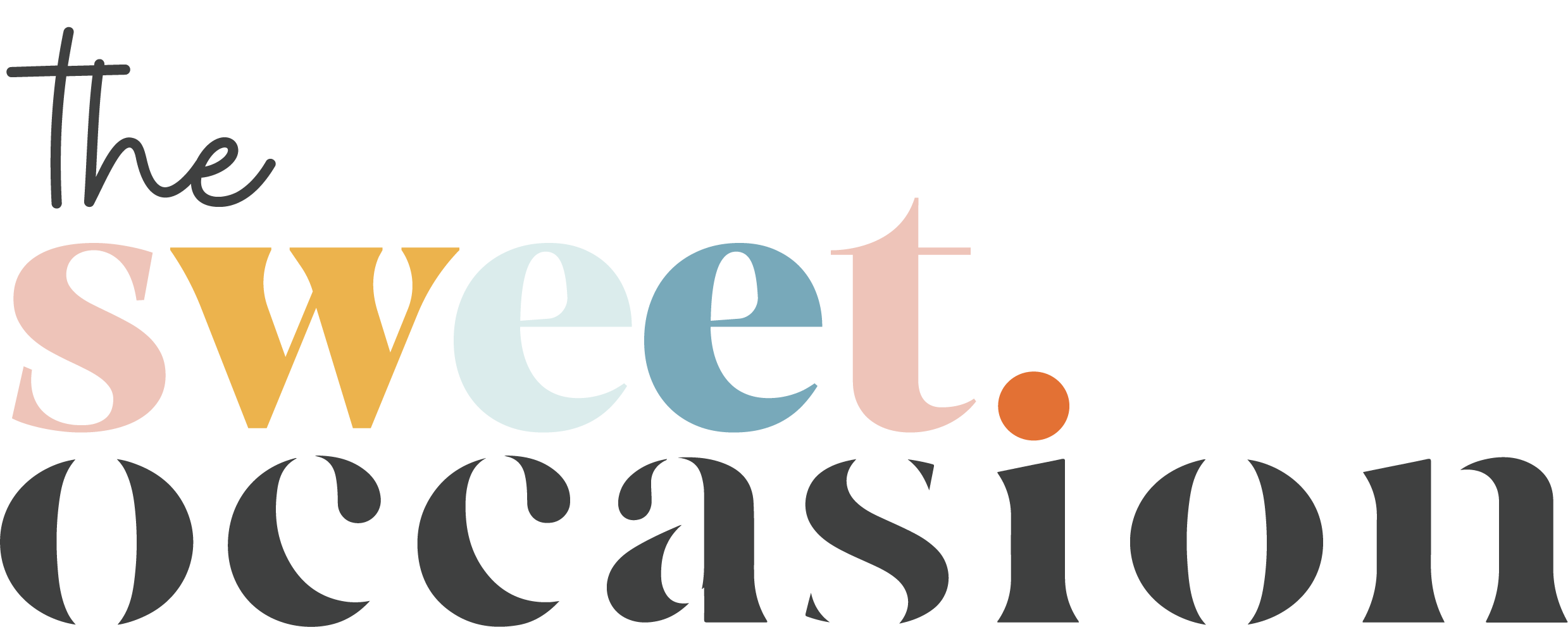
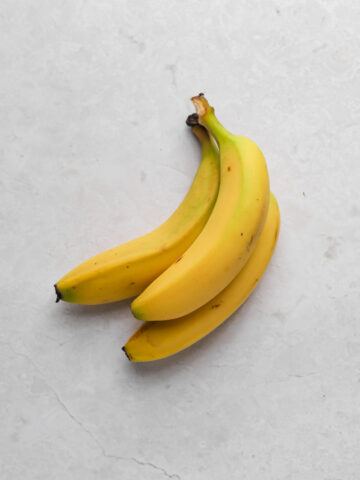
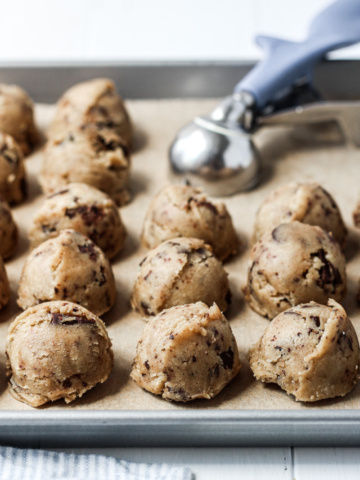
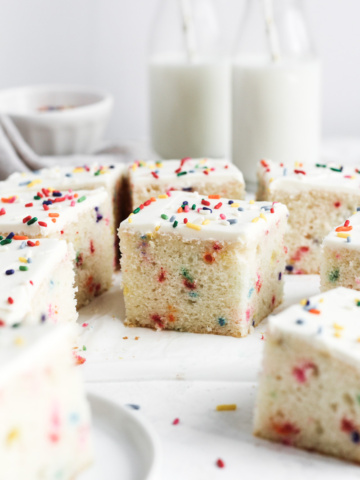
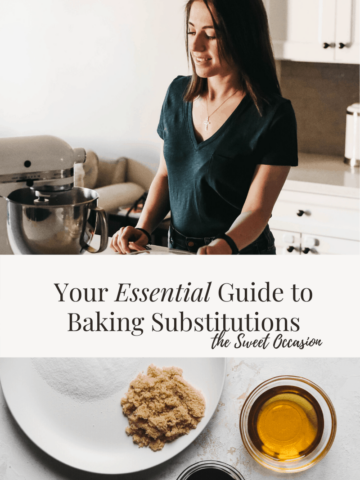
Leave a Reply